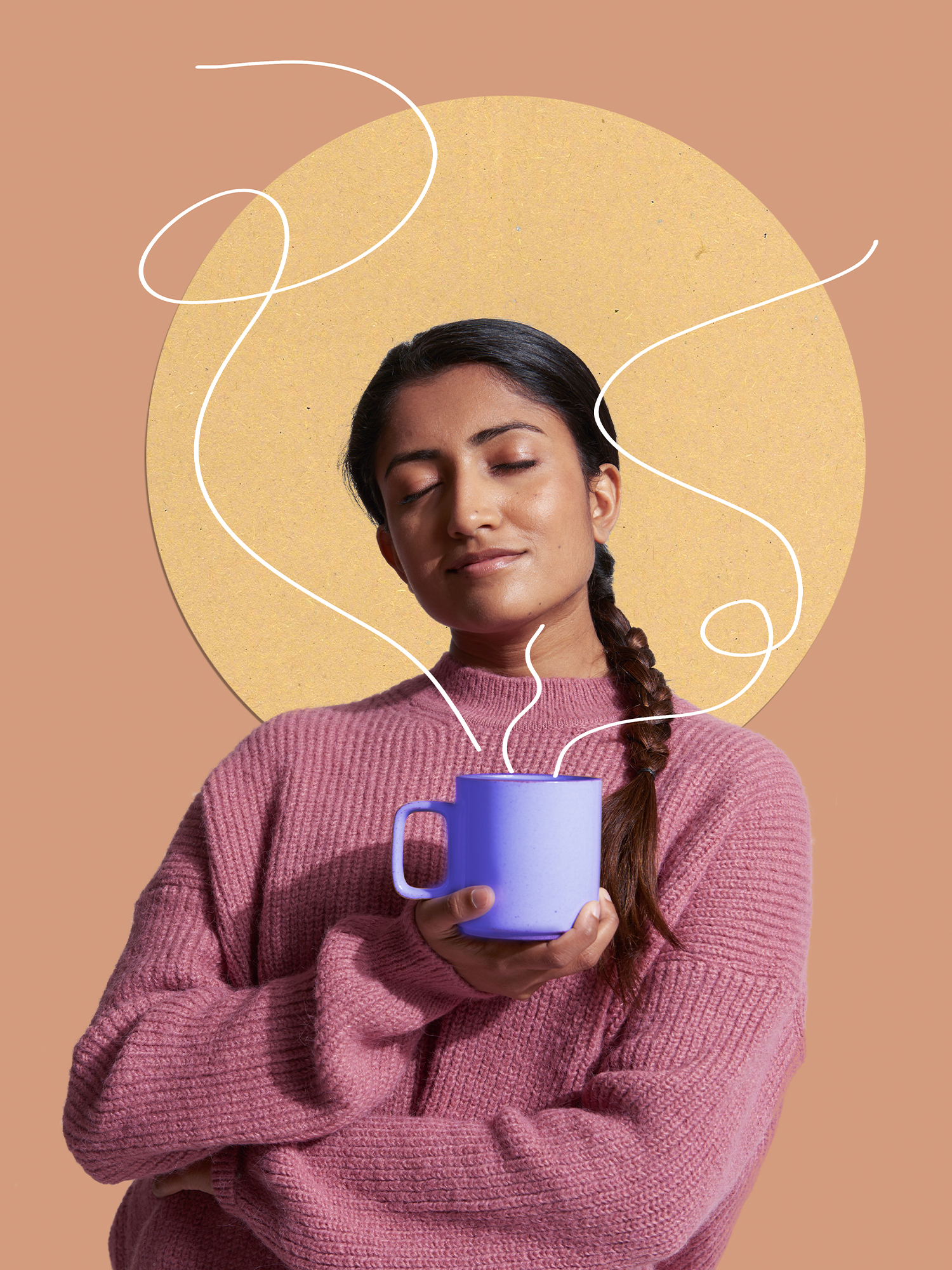
Stress can manifest itself in all kinds of ways and it is common for people to overlook the signs or to act as if these are not important.
Not everyone recognises when their stress is spilling over into distress.
Consider whether you are taking signs of stress seriously enough. Have a look at some of the signs below, where stress may occur in different areas of your life. Remember, having one or more of these signs might not always suggest you are stressed, but may be due to other factors too!
If you are uncertain, speak to a friend or family member who knows you well, or talk to a student counsellor to support you.
Common signs of stress
Resources to speak to an expert
Your College or University will have support staff or counsellors who can help you find the right solution. Be brave, and remember, you'll be helping yourself in the long-term.
Use the support network and services available from your university:
- Advice from your Student Union
- Student helpline/Nightline services
- Speaking to the Wellbeing Officers
Finding contacts and information from your university's website (under 'wellbeing' or 'mental health')
You can also try:
- Samaritans are available 24/7 for confidential, non-judgemental support
- Mind provides information and support, including an online peer support community
Other ways to manage your stress
Find out some ways that can help you work through the stress you are experiencing.
Click the arrows to find out more.

Some Apps to support your wellbeing
BSafe: allows you to alert contacts if you feel in danger. The SOS button will take a photo and audio recording of your surroundings. The app can also ‘fake call’ your phone, which may act as a deterrent to anyone bothering you.
Smiling Mind: When life feels hectic or stressful, this can help you make time to pause and check in with yourself
Student Health App: developed by the NHS to support students with their physical and mental health
Sleep cycle: An intelligent alarm clock that tracks your sleep patterns and helps avoid tiredness
Thrive: Improves mental well-being through tracking mood and offering advice and activities







